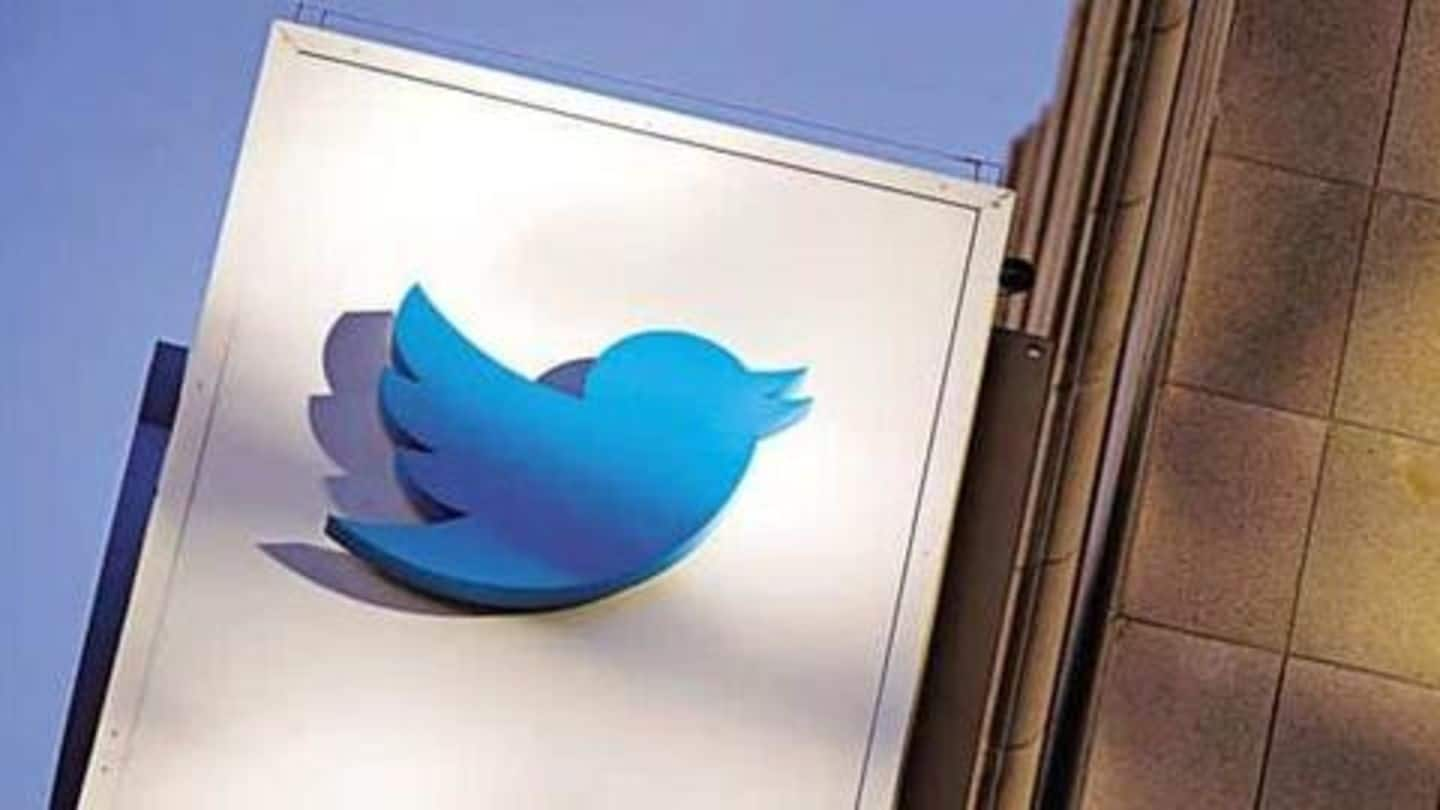
Twitter disables SMS service in most countries: Details here
What's the story
Finally, the days of using Twitter over SMS are gone.
The microblogging giant has announced that it is disabling its text message service - the way its platform was built to be used in the first place - for everyone except those in select few countries.
The decision has been taken due to vulnerabilities associated with the SMS format.
Here's more about it.
Decision
No more Twitter via SMS
In a recent post on its own platform, Twitter confirmed the decision to pull the plug on its SMS service - to keep user accounts safe.
"We have seen vulnerabilities with SMS, so we have turned off Twitter via SMS service," the company said in the message while noting that users will continue to get important account-related messages, like 2FA codes as text messages.
Impact
What will change with this decision?
If you use Twitter via its website or mobile app, the move will not affect your microblogging experience in any way.
But, in case you still receive tweets from other users via text, the change will end that service, forcing you to switch to Twitter's app or website, where a vast majority of its users currently operate.
Details
Twitter had already disabled tweeting via SMS
The move to disable the ability to receive tweets via SMS comes months after Twitter halted tweeting via SMS due to multiple security issues and the hacking of the account of Jack Dorsey, its CEO.
In September, hackers gained access to the phone number of Dorsey and used it to send hateful tweets and slurs to his followers by using the now-defunct SMS-tweeting service.
Origin
Originally, Twitter was used via SMS only
The changes mark the end of an era for Twitter, which was built to be used around SMS in the first place.
Basically, in the early days of its origin, the platform's 140-character tweets were solely sent and received by users using text messages.
Later, the service evolved and the more sophisticated mobile app and website came to the scene.
Reason
Radical move from Twitter
Twitter has not said anything about the vulnerability associated with receiving tweets via SMS or the select few countries that will continue to have the feature.
However, given that the company hopes to increase its revenue, the move to phase out the text service and shift users to the mobile app/website - where they could see ads - makes a lot of sense.